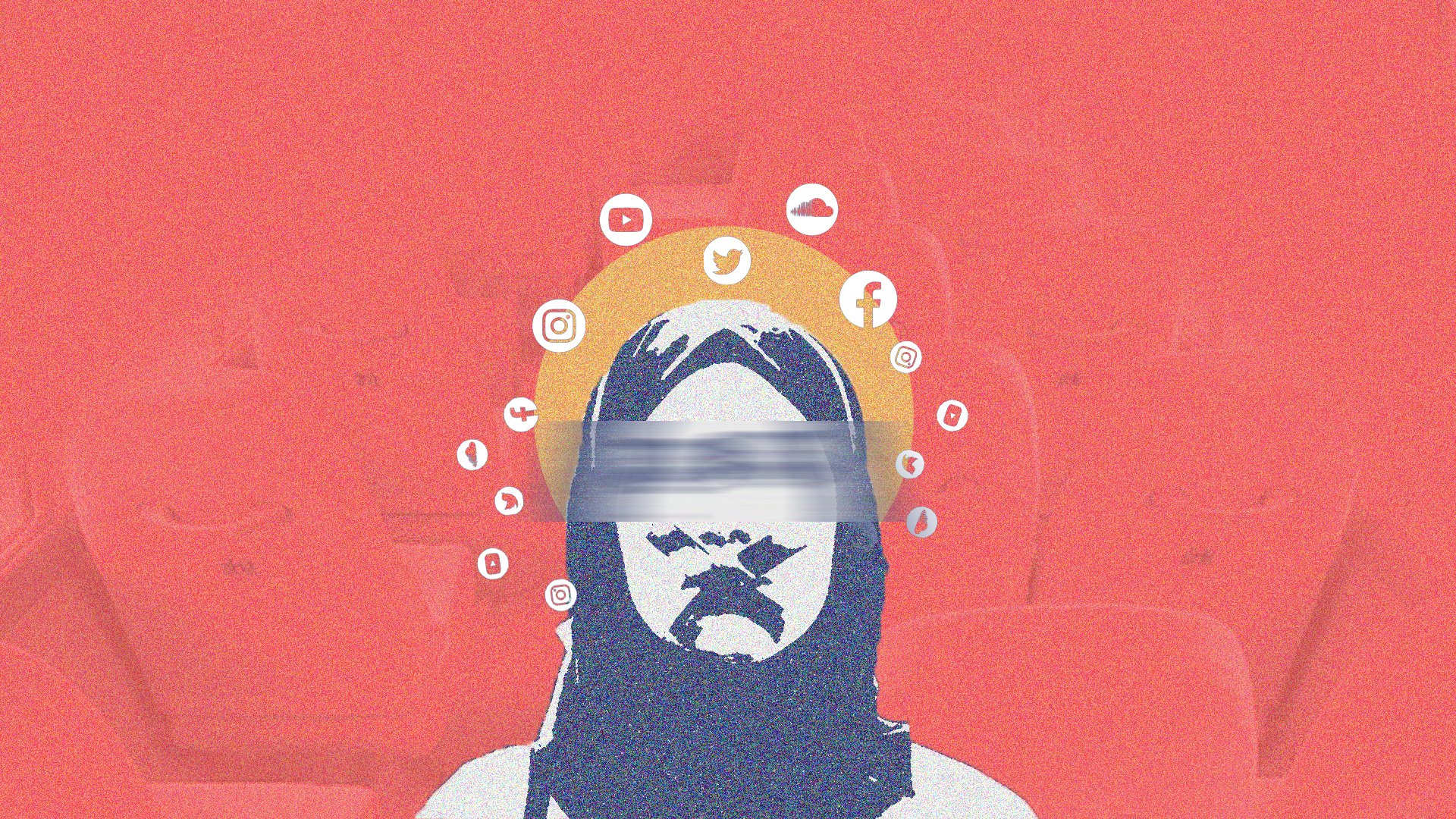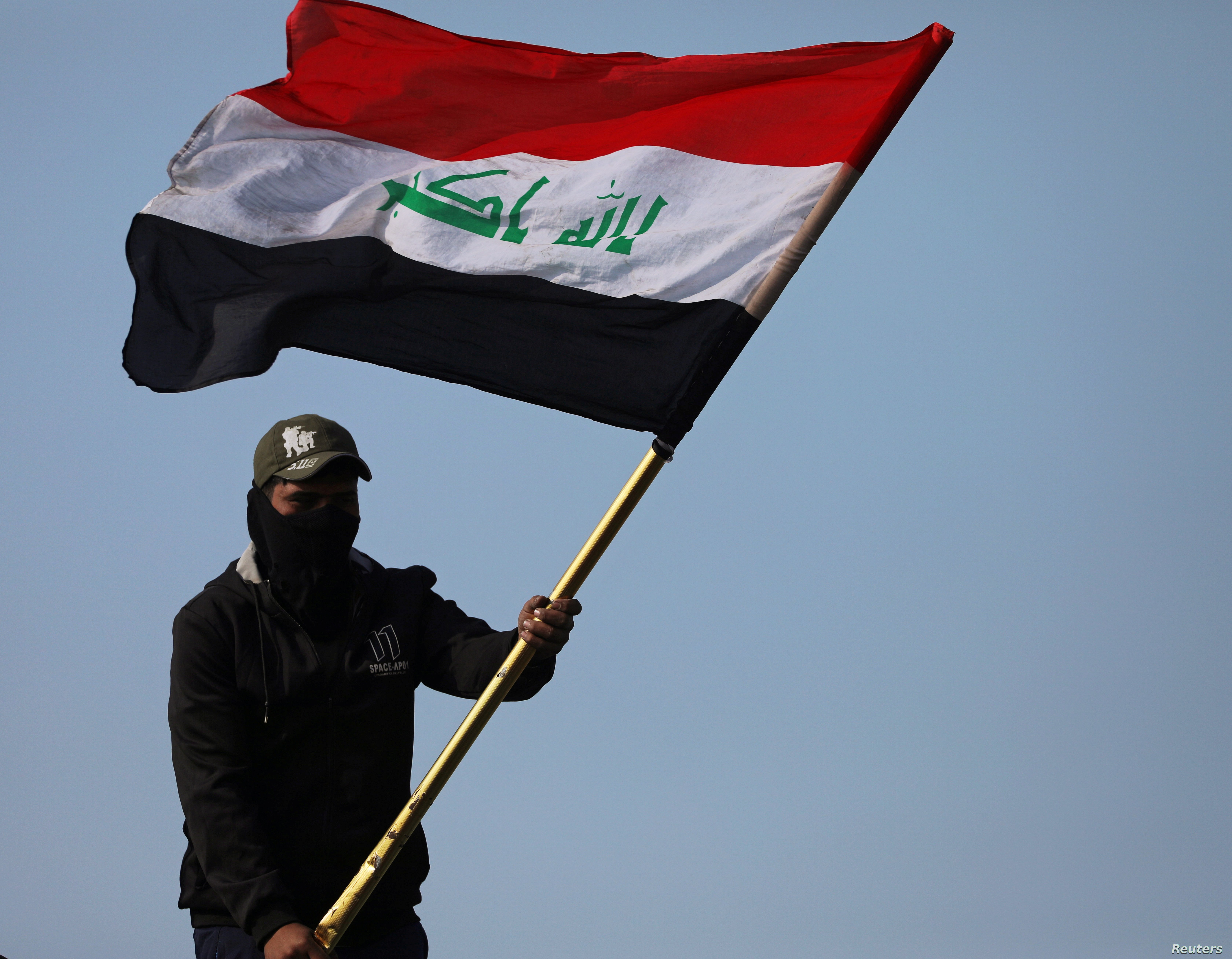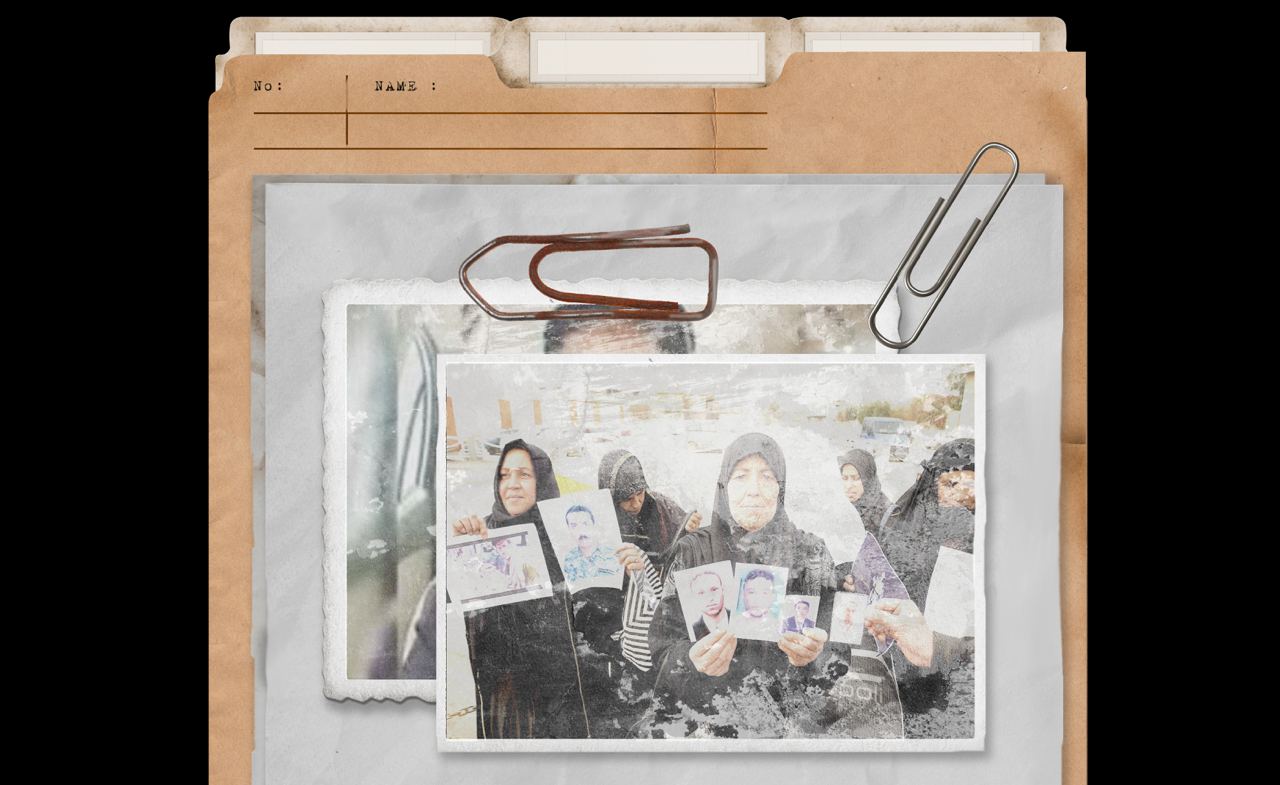The Iraqi Observatory for Human Rights, on February 21, 2023, stated that the indicators of risks and dangers for journalists and media outlets active in Iraq are on the rise again. This is particularly true in light of the recently renewed threats and targeting of media personnel and bureaus.
Moreover, it is no longer surprising that Iraqi authorities continue to stand idle, looking at what ensues against journalists and media outlets in Iraq, mainly since these authorities have long contributed to the impunity of perpetrators and the rise of violence against journalists.
For nearly two decades, Iraq has suffered due to the impunity that perpetrators, who commit crimes against Iraqi journalists, have enjoyed. Four hundred seventy-five journalists and workers in the field of journalism have been killed in Iraq since 2003. Assailants were only held accountable in two or three instances of these killings, no more. Consequently, it is safe to say that the impunity index in Iraq is alarmingly high, and it places Iraq alongside the most dangerous countries for journalistic work.
UTV is a private Iraqi channel owned by businessman and politician Khamis Al-Khanjar
On February 18, 2023, UTV's Baghdad bureau in the Iraqi capital's Al-Nidal Street came under a hand-grenade attack. UTV's main headquarters is based in the Turkish megacity of Istanbul.
UTV has condemned the attack that targeted its office and asserted that its "media discourse is moderate." Moreover, UTV has urged security forces to provide the needed protection for its Baghdad bureau and to investigate the attack it was subject to.
On February 19, 2023, a lawsuit was filed against a renowned UTV presenter, Adnan Al-Ta'i, over his alleged "incitement of sectarian strife." Ta'i had, during an episode of his program, aired on February 13, 2023, called out the religious eulogist Basim Al-Karbalaei. Ta'i asked, "Don't some of his religious poems incite sectarian strife? Why doesn't the law hold him [Karbalaei] accountable?"
In an interview with the Iraqi Observatory for Human Rights, Ta'i stated, "I have received constant threats, threats that no one can begin to imagine. I assume they would have hacked me to pieces if they had caught me." About the lawsuit that was filed against him, Ta'i commented, "I am waiting for the judiciary's decision which I fully trust in and believe should base its decision on the evidence and legal facts at hand."
The lawyer who filed the complaint against Ta'i claimed that the presenter's "question [about Karbalaei] had triggered the terrorist attack which targeted Tarmiyah district, north of Baghdad, on February 16, 2023."
This is not the first such attack to target UTV. On July 4, 2020, the channel was threatened with arson after being accused of "targeting the Shiite religious leadership." On October 28, 2021, the outlet also received a threat that came in the form of a "lighter and threat of torching" that were delivered to its office by a group of armed individuals.
On February 17, 2022, the channel [UTV] received further threats when it was accused by loyalists of the Popular Mobilization Units (PMU) of "insulting" PMU commander Abdul Aziz Al-Muhammadawi, known by the nom de guerre, "Abu Fadak."
The safety of journalists and media outlets working in Iraq can not be guaranteed despite the space provided for freedom of speech and how balanced the stances of authorities and armed and political forces are vis-à-vis press freedom. This balance is indeed fragile and could collapse at any moment.
Since receiving a vote of confidence from the Iraqi parliament on October 27, 2022, the government of Prime Minister Muhammad Shia' Al-Sudani has yet to exert efforts to protect journalists and media outlets. Instead, it has adopted an approach similar to the governments that preceded it, which maintained silence over the violations committed against journalists and press freedom, if not having had a hand in them.
On November 2, 2023, the Iraqi Observatory for Human Rights urged the Sudani government to probe the killings of Iraqi journalists who were killed in recent years without any perpetrator being held accountable. The Observatory cautioned Mr. Sudani against his government's applying the same approach as previous governments. However, no signs of real action have thus far been seen or felt.
Amin Nasser is the Beirut bureau chief of the Iraqi state TV channel Al-Iraqiya
On February 17, 2023, Nasser informed the Iraqi Observatory for Human Rights that he had been receiving death threats. Nasser stated, "In the early hours of February 17, I received a call from an Iraqi phone number, during which I was told, wherever you may be, whether in Beirut or Baghdad, we will chop you into pieces."
Nasser asked the person speaking, "Why are you threatening me? Is there a relationship between us? Who are you?" At that point, the Iraqiya journalist says, "the conversation became intense, our voices got higher, and we started yelling at each other." Nasser says he has since "sent Iraqi security forces the number" which called him. The authorities urged him to file an official complaint. "This is the second such threat I have received in the past three months; I have informed several security officials about them," Nasser elaborated.
Nasser travels back and forth between Beirut and Baghdad. He is a participant in several WhatsApp groups and has engaged in heated debates with officials and politicians. He regularly publishes posts about the corruption of Iraqi officials, especially those who live in Beirut and Baghdad, on his social media pages. Nasser also publishes information about sensitive security dossiers involving senior terrorists or influential figures escaping justice.
Jaafar Abdul Karim is a TV presenter who hosts a talk show, JaafarTalk, for Germany's state-owned Deutsche Welle (DW)
Abdul Karim told the Iraqi Observatory for Human Rights that he was in Baghdad on February 2, 2023, to film an episode about corruption, protests, and women's rights for his show. However, he was forced to cancel filming and return to Germany despite completing all the needed preparations, namely inviting guests and setting up a filming location.
Before arriving in Iraq, a widescale defamation campaign was launched against Abdul Karim on social media over addressing topics on his show that are considered taboo in Iraqi society. He was also attacked over his alleged "promotion of homosexuality" and was threatened by many social media accounts.
DW's website cited Abdul Karim as saying, "The state-affiliated National Communications and Media Commission of Iraq unexpectedly asked us for special authorization to film the episode, mindful that such authorizations are usually applied for and received by DW's partners in Iraq."
DW published a statement condemning the incident and detailing how an Iraqi "interior ministry representative on February 1, 2023, visited the hotel where JaafarTalk's crew members were staying. According to the information obtained by DW, the host Jaafar Abdul Karim was informed that he was no longer allowed to film the episode for his program without acquiring special authorization. He was also informed that he would be arrested if he were to film and that the government could not ensure his safety."
Abdul Karim described what happened as "an arbitrary measure against him and his crew." He added, "a day before filming, new demands were being asked of us, and new hurdles were put in place every hour."
The Iraqi Observatory for Human Rights asserts that Iraqi authorities must provide the needed protection for Iraqi as well as foreign journalists working in Iraq. They also must prevent transforming Iraq into an unsafe environment for journalist work. State institutions should work towards preserving the freedom of the press, which represents the backbone of any democracy.
Iraq is yet to score any advances in the Reporters Without Borders (RSF) annual press freedom index. On the contrary, it has dropped nine ranks, from 163 in 2021 to 172 in 2022 in the index, which covers 180 countries.
Iraqi authorities ought not to further their contribution to the impunity of perpetrators. They should also keep in mind that the absence of press freedom will transform the country into a giant prison, despite the reiterations of political powers and influential figures about a democracy that gives space to freedom of expression being in place. In reality, indexes speak much louder than words.




